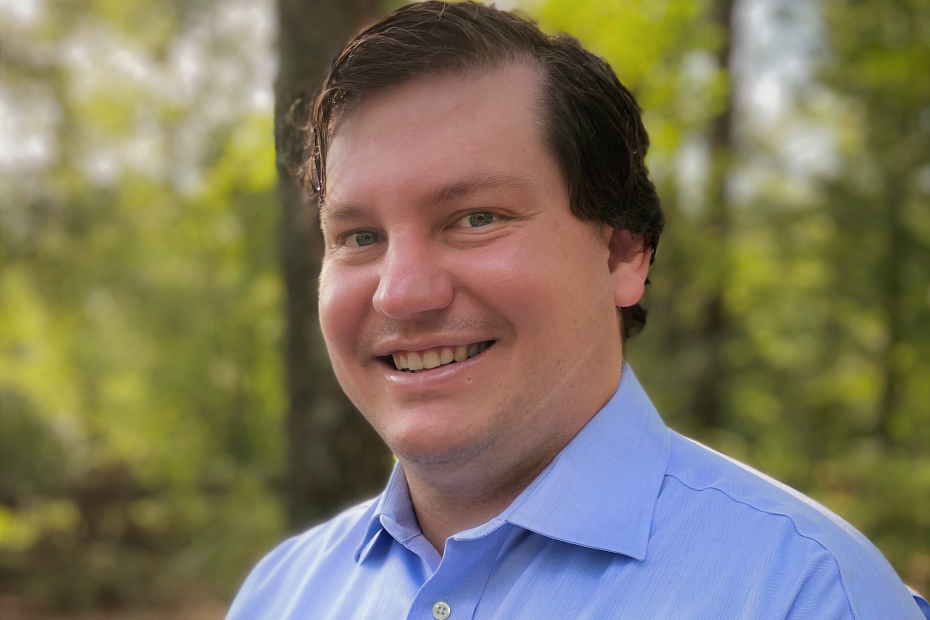Dr. Ben Porter is an Assistant Research Professor at the Social Science Research Center of Mississippi State University. He holds a PhD from University of Houston in Social Psychology where he studied positive psychology in relation to romantic relationship functioning. Ben’s recent research has focused on various health and occupational outcomes of military service members and veterans. He has extensive training and experience in advanced data analytics including latent trajectory analysis, missing data theory, and using data with complex structures. He is the PI of a grant providing analytic services to the Mississippi Office of Highway Safety and Co-PI on a National Science Foundation funded project examining scams and anxiety related to the COVID-19 pandemic.
Contribution to the Project: Dr. Porter was responsible for identifying and collecting external data sources for the project. He collected demographic data from the American Community Survey (at the census track level), covid-related self-report from the Household Pulse Survey and Delphi CovidCAST project (at the state and county level, respectively), public health policies (at the county level), and Facebook social connectedness index (not usable due to correlation between area population and connectedness).
Dr. Porter was the lead investigator on the emotions paper. He was also the primary supervisor of Ms. Mitchell throughout the study. This entailed weekly meetings on current progress and discussing articles and how they can be incorporated into manuscripts. Additionally, he helped Ms. Mitchell develop the idea for the project examining emotions related to public health policy that she was lead on, and he helped her apply for intramural funding to continue this line of research.
For the scam study, he coded 1100 documents from the included social media sites on factors including relevance, whether it was a news article, general misinformation, general counter misinformation, vaccine-related misinformation, and vaccine-related counter misinformation. Additionally, he provided inter-rater reliability analyses and met with Dr. Stubbs-Richardson to resolve all instances of disagreement between raters.

 https://orcid.org/0000-0001-7515-5953
https://orcid.org/0000-0001-7515-5953